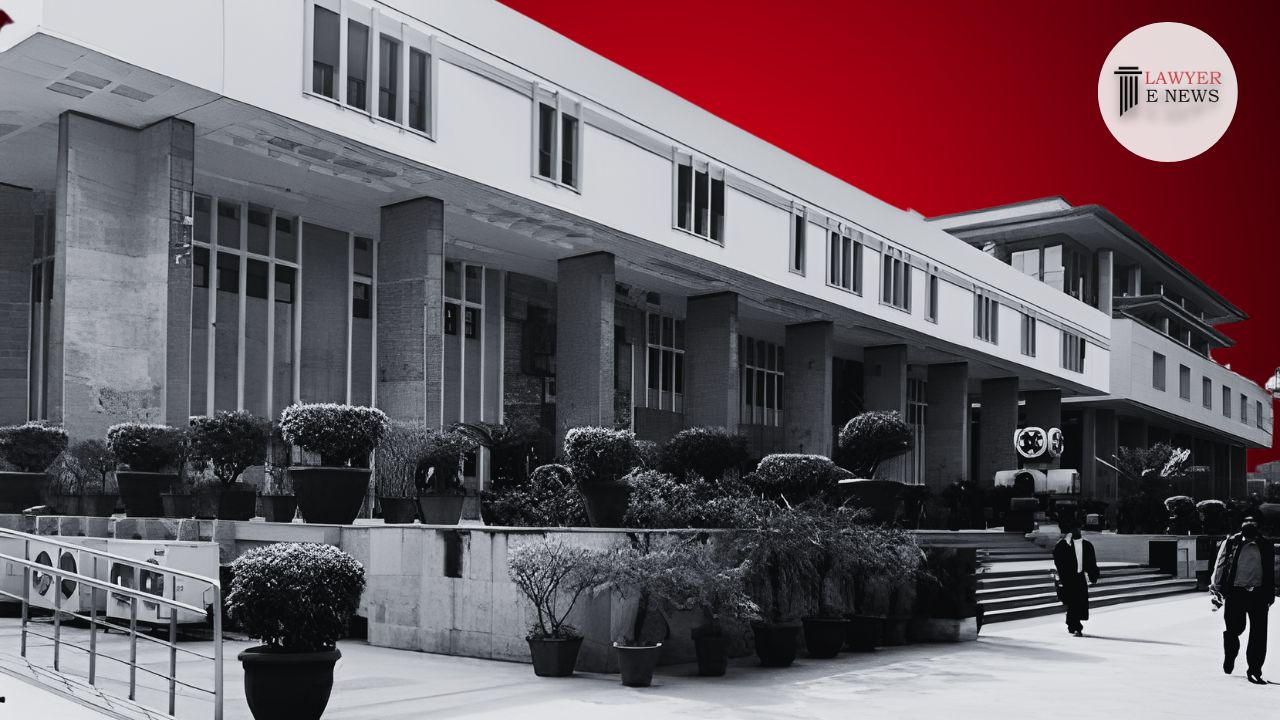-
by sayum
14 February 2026 2:22 PM



In a significant ruling, the High Court of Delhi acquitted four individuals of gang-rape charges, underscoring the lack of incriminating evidence and weaknesses in the investigation process.
Legal Point: The appeal in the case centered around convictions under various sections of the Indian Penal Code (IPC), including Sections 328, 366, 342, 34, and 376D, dealing with kidnapping, unconsciousness-inducing, and gang-rape. The appellants challenged the trial court’s decision, primarily on grounds of insufficient evidence, inconsistent testimony of the prosecutrix, and gaps in the investigation process.
Facts and Issues: The case stemmed from an incident reported on 29th July 2018 involving the alleged kidnapping and gang-rape of 'G'. However, the statements made by 'G' under Section 164 of Cr.P.C. and her testimony during the trial presented inconsistencies. Furthermore, the investigation faced criticism for not collecting vital evidence such as the Call Detail Records (CDR) of 'G' and discrepancies in handling key evidence.
Testimony Analysis: 'G' disowned her initial complaint, claiming it was made under family influence. Neither her testimony nor her parents' statements corroborated the prosecution's narrative.
Investigation Lapses: The court noted significant lapses in the investigation, including the failure to collect CDRs and issues in the handling of evidence, casting doubt on the prosecution's case.
DNA Evidence and Physical Examination: The DNA report's relevance was questioned due to procedural gaps. Furthermore, no physical evidence suggestive of a non-consensual act was found.
Legal Reasoning: The court emphasized that even if the DNA matched, it could not automatically imply a non-consensual act, especially when the prosecutrix was a major and did not assert any allegations of assault.
Court Decision: The High Court of Delhi allowed the appeal due to the insufficiency of evidence and unreliable testimonies. The accused were acquitted of all charges, with a direction that their bail bonds shall remain valid for six months as per Section 437A Cr.P.C.
Date of Decision: April 1, 2024
Pawan Sharma and Ors Vs State Govt of NCT of Delhi
